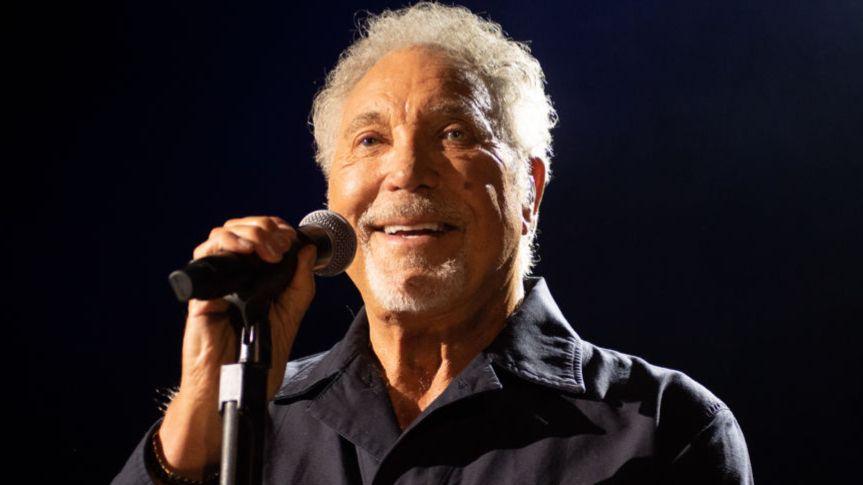BBC studio changed by the Blitz celebrates 90 years
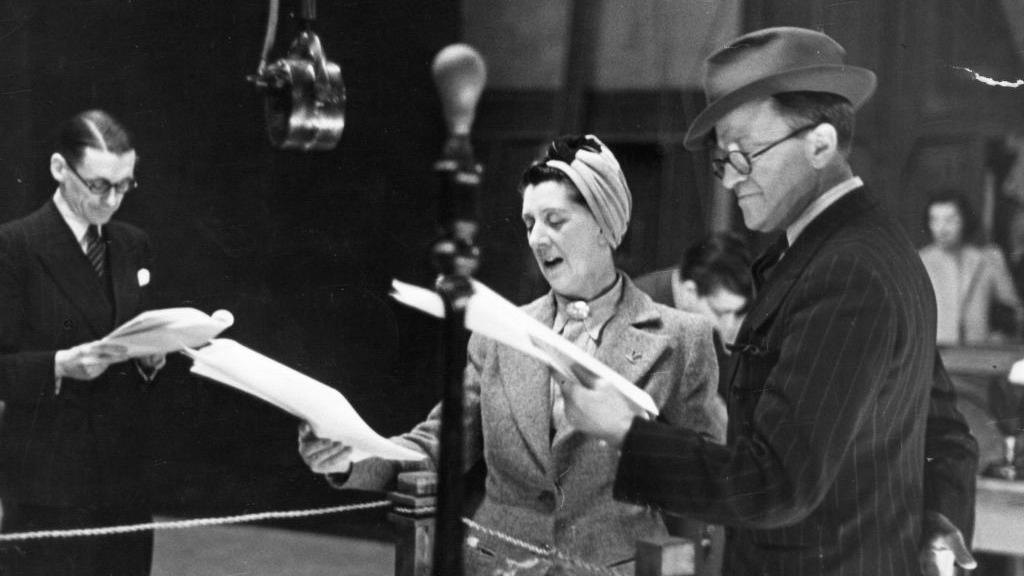
War-time show It's That Man Again - a title that referenced Hitler's aggressive policies - was among the shows recorded at BBC Bangor
- Published
On 7 September 1940, having failed to defeat RAF Fighter Command in a summer of dog fights and bombing raids on British airfields, Adolf Hitler ordered the Luftwaffe, the German air force, to target London.
The Blitz had begun – a campaign that would have a sizeable impact on north-west Wales.
For six weeks after the Blitz started, with the UK capital reeling from unrelenting bombing attacks, the BBC took the decision to relocate its Light Entertainment department from London to the safety of what was then one of its newest operations – BBC Bangor.
The Bryn Meirion studios had only launched in November 1935 with the aim of producing programmes, in both Welsh and English, reflecting the life and interests of those who lived in that part of what was then the BBC's west region.
How forgotten painting of an injured soldier inspired nurse's career
- Published26 October
The officer who broadcast Nazi propaganda in Welsh
- Published7 September
It was the start of a rich, on-going history - one of the very first broadcasts from Bangor, a recording of which only recently came to light, was by former prime minister David Lloyd George as part of that autumn's General Election campaign.
Five years later, with BBC Bangor still in its infancy, life in Bryn Meirion changed overnight as more than 400 staff arrived from London to continue producing massively popular programmes such as It's That Man Again.
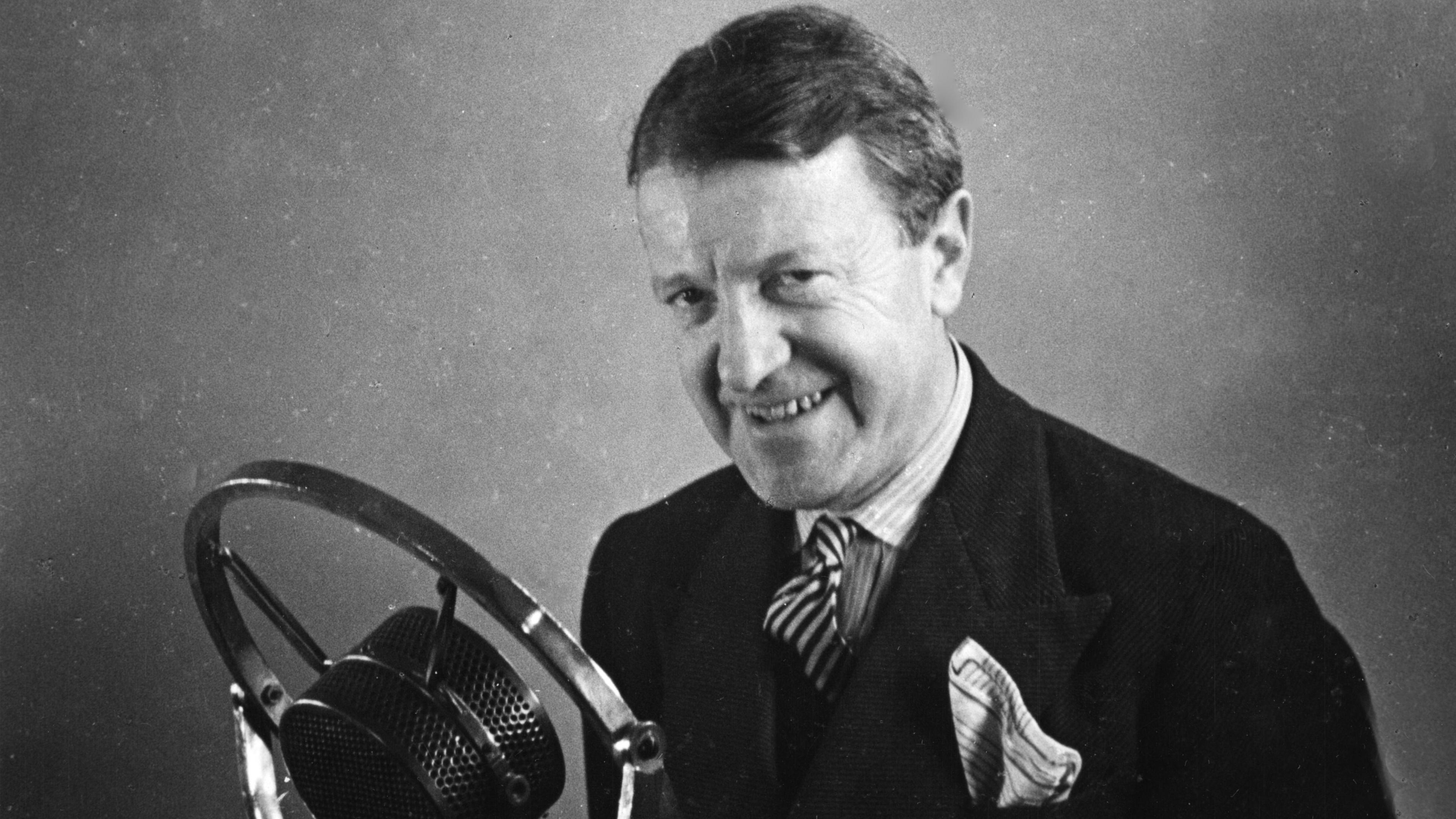
Tommy Handley, pictured in 1942, when It's That Man Again was being broadcast from Bangor
Stars including Liverpudlians Arthur Askey and Tommy Handley - the Ant and Dec of their day - became familiar figures in and around Bangor. Their broadcasts had a massive impact on maintaining British morale during the darkest days of World War Two.
It was only in August 1943 that the department returned to its London base.
The three-year stay in Wales was marked by one cruel twist of fate. Having evacuated workers to keep them safe from the Blitz, one BBC staff member died when a German bomb was dropped on Bangor in 1941.
In the decades since the war, BBC Bangor has become a key part of BBC Wales, with programmes produced in both Welsh and English, ranging from news and current affairs to light entertainment and religious output, while the centre also plays a key role in the Welsh music scene.
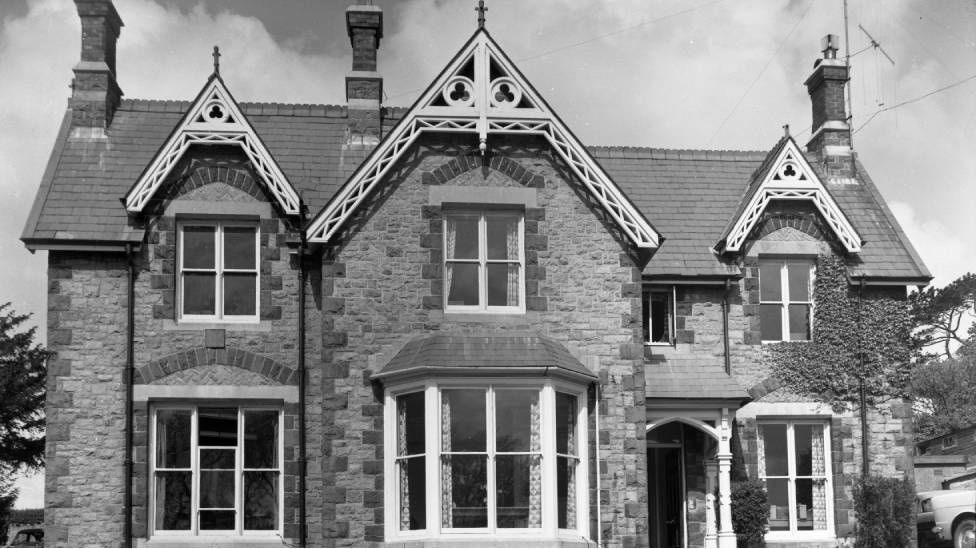
The Bryn Meirion studios in Bangor launched in November 1935
"We owe an immense debt of gratitude to the visionaries who founded the centre, as well as to the countless contributors who have worked in front of and behind the microphone over the years," said Garmon Rhys, director of BBC Cymru Wales, as BBC Bangor approaches its 90th birthday.
"Today, Bangor remains a vibrant hub of creativity, with a wealth of content continuing to be produced and broadcast in both Welsh and English and now digitally," he said, adding Bangor was "a critical part of our output, and strengthening our connection with audiences across Wales".
There will be a special concert in Pontio, Bangor on 15 November, featuring the BBC National Orchestra of Wales and some of Wales' best known musical artists, with music taking the audience back to the war years and from throughout the decades since.
Reminders of Radio Cymru's early years can also be found in the foyer of Bryn Meirion - a bust of Sam Jones, the centre's first boss, sits close to a plaque marking the Light Entertainment team's wartime move.
And while countless hours of programming have been produced in Bryn Meirion in the 80 years since the war ended, BBC Bangor will always remember the part it played during what Winston Churchill described as Britain's finest hour.
Related topics
More top stories
- Published30 October
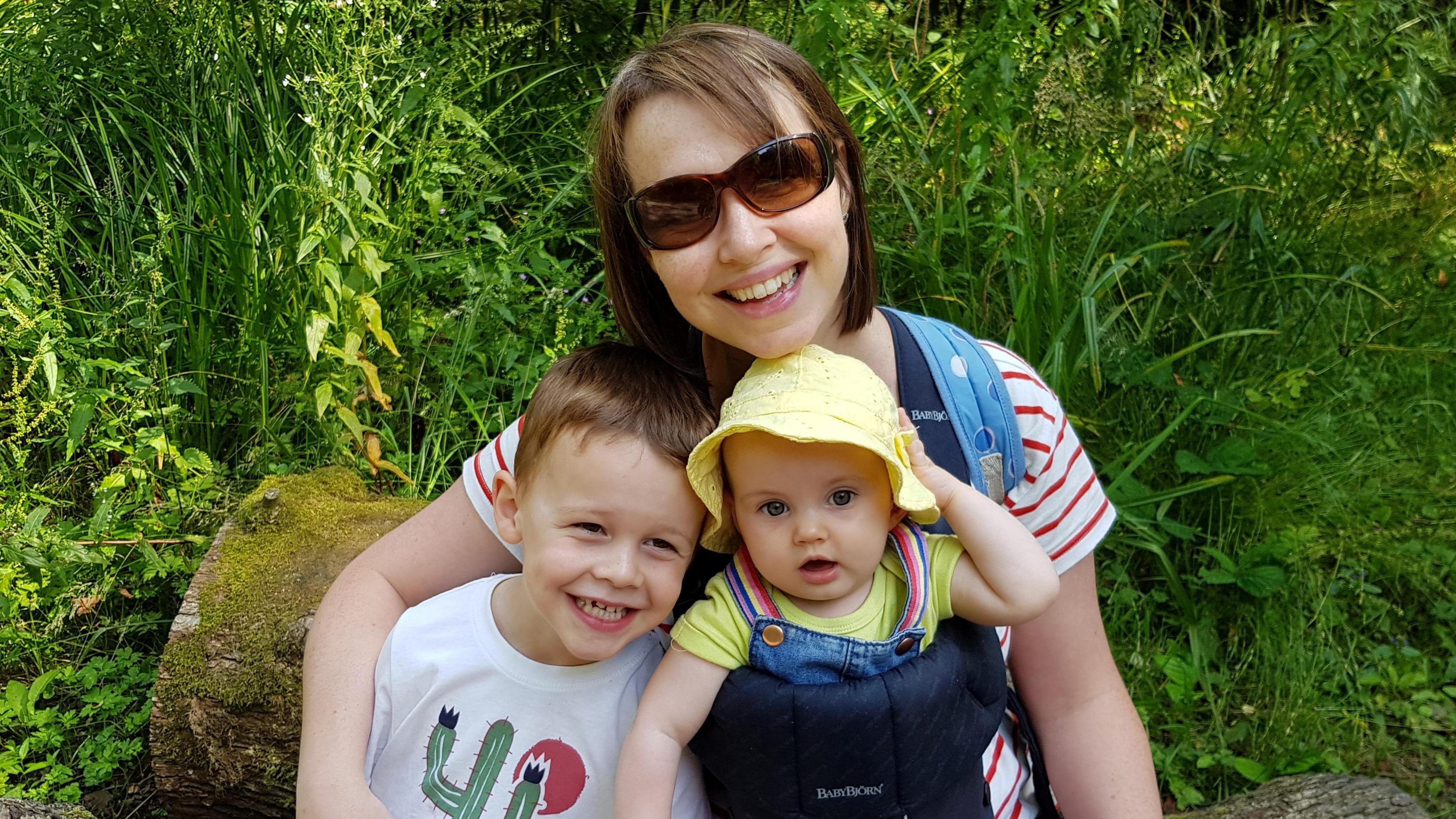
- Published30 October
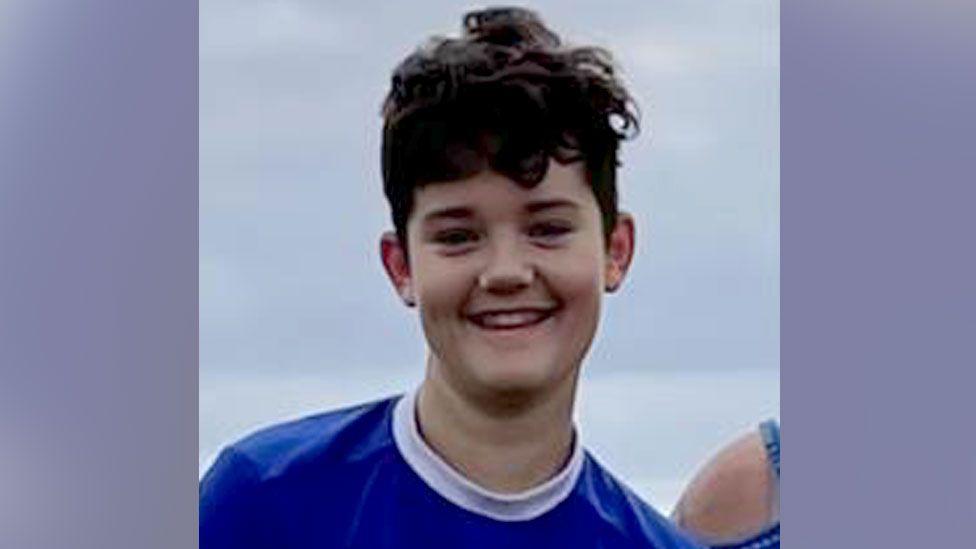
- Published29 October
